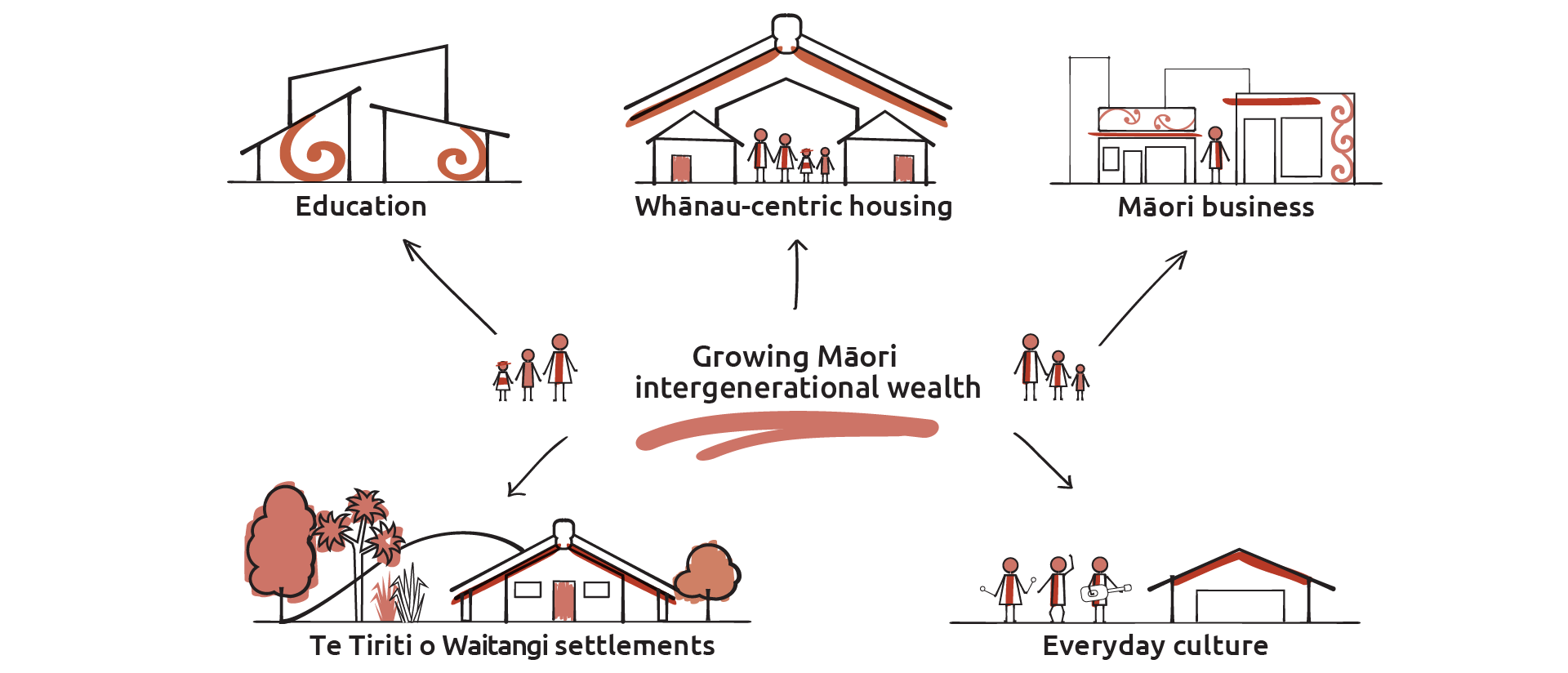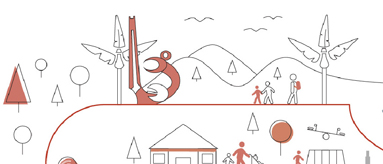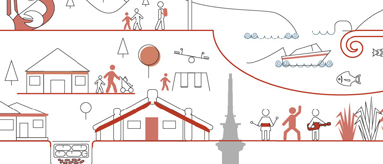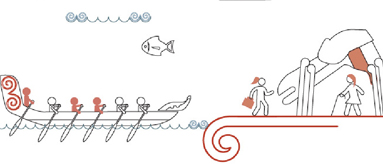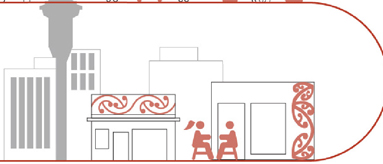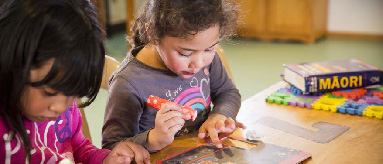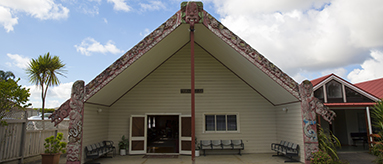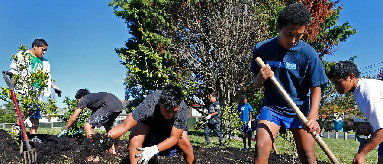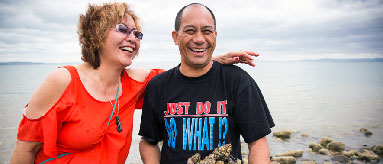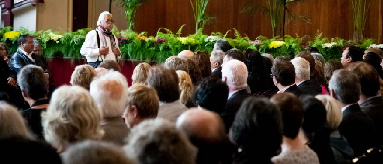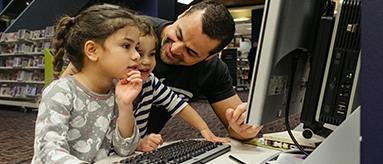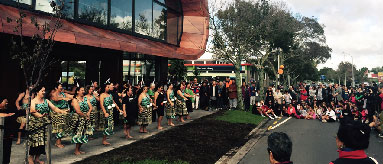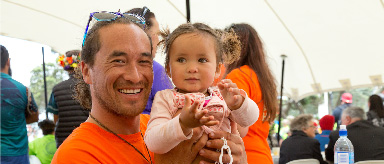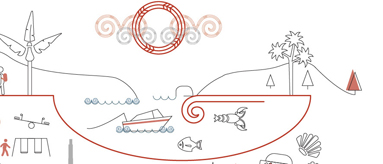A key challenge for Māori within Tāmaki Makaurau is to create opportunities for intergenerational wealth (cultural, social and economic wealth transferred from one generation to the next).
Loss of traditional land, undermining of Māori culture and impacts of economic reforms have contributed to a lack of individual and whānau Extended family, family group, a familiar term of address to a number of people. Also the primary economic unit of traditional Māori society. assets handed down to the next generation.
Māori ownership of business, land and other assets provides the strongest opportunity to express rangatiratanga There are two components: 1. chieftainship, right to exercise authority, chiefly autonomy, chiefly authority, ownership, leadership of a social group, domain of the rangatira, noble birth, attributes of a chief. 2. kingdom, realm, sovereignty, principality, self-determination, self-management - connotations extending the original meaning of the word resulting from Bible and Treaty of Waitangi translations. and aspirations for cultural and social wellbeing.
Several te Tiriti o Waitangi The Treaty of Waitangi which is the document upon which the British and Māori agreed to found a nation state and build a government. settlements have occurred within Tāmaki Makaurau with others likely to occur over the coming years. These settlements provide an opportunity for Māori collectives to create economic resilience and build the Māori asset base. Building that asset base can achieve outcomes for their people in education, housing, business and enterprise.

